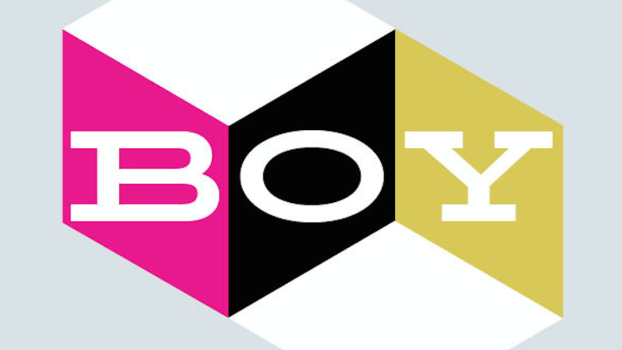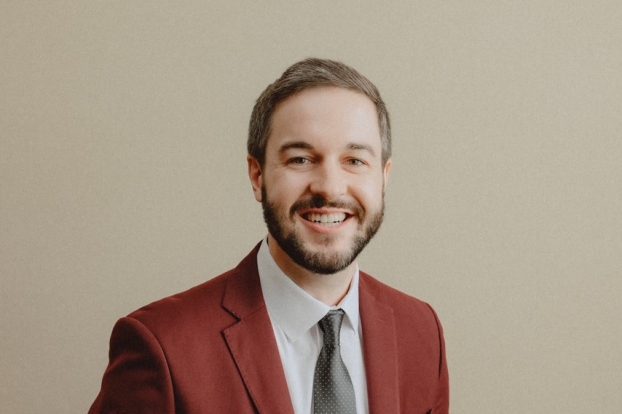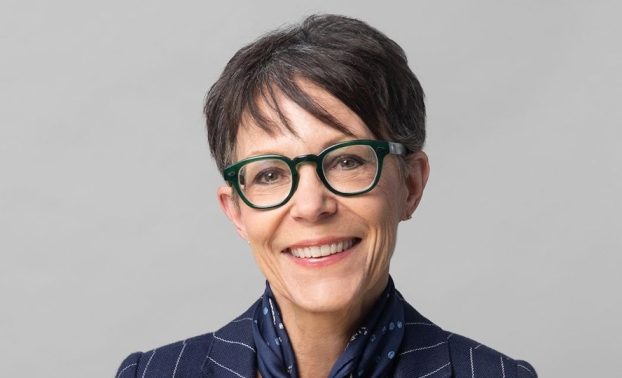Cause marketing initiatives can easily go astray for brands whose efforts appear insincere to consumers. But some brands, such as Unilever’s Dove, have succeeded at firmly positioning themselves as leaders on major issues by taking tangible steps to make a difference.
Having worked for many years to promote body positivity for women through its Self-Esteem Project and Real Beauty platform, Dove is now doubling down on its efforts to support men by fighting stereotypes around caregiving and championing paternity leave on a global scale with Dove Men+Care.
“Unilever is very clear that brands with purpose grow faster,” says Sharon MacLeod, the division’s global VP. “Brands with purpose must do something to tangibly advance its purpose; simply talking is not enough.”
Ahead of Father Day’s, the brand has announced a major multi-year initiative to help men around the world take the paternity leave that is given to them. While the family and workplace benefits of having men take paternity leave are well-documented, says MacLeod, stereotypes still often prevent dads from taking it.
For example, while 89% of fathers believe it’s important that companies provide paid paternity leave benefits, according to Dove’s own research, only 15% of men in the U.S. and 22% of men in Canada have access to those benefits; of those, most don’t take the time allotted to them.
To that end, Dove Men+Care has created a council of advisors, consisting of researchers on masculinity and gender equality who have pored over existing research on paternity leave. It has also launched a digital hub to help educate fathers and end stereotypes around caregiving, and is running a consumer-facing Father’s Day campaign that tells the stories of men who have taken paternity leave, encouraging others to do the same.
And for the first time, MacLeod says it will also be looking to shape government policy through collaborations and partnerships.
Dove Men+Care, which launched in 2010, has “always been about modern masculinity and celebrating guys who express their care,” says MacLeod. “Our aim is to create a cultural movement around paid paternity leave, and we will do that first by raising awareness of the issue.”
[iframe_youtube video=”qmaOe4RVWGU”]
























